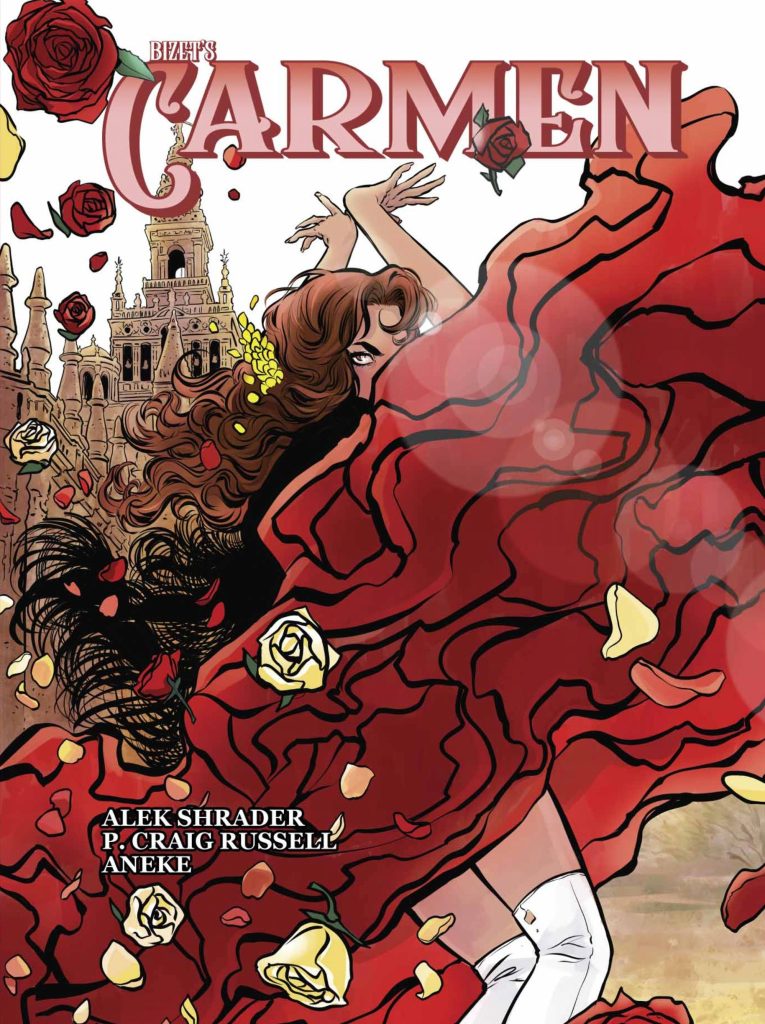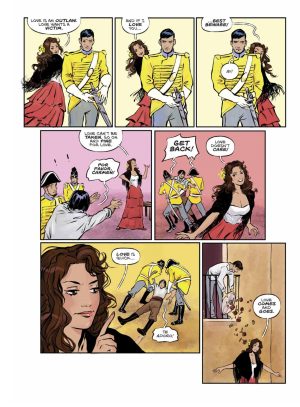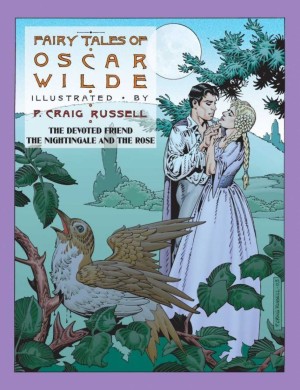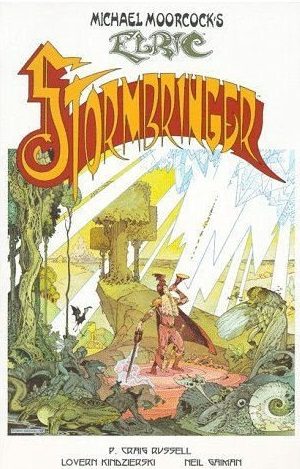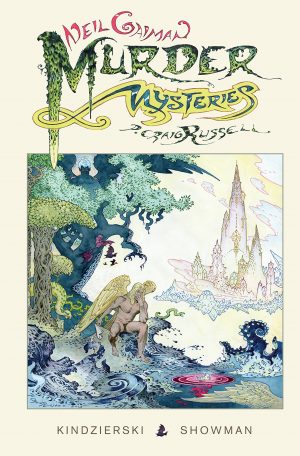Review by Frank Plowright
French composer Georges Bizet died tragically young, and believing himself to be unsuccessful, as Carmen wasn’t greatly acclaimed when first performed. At the time it merely followed other moderately well received works, yet contains two arias that have sustained its position as one of the world’s most popular operas for well over a century.
Carmen is the most spirited and desirable of the young women working in Seville’s cigarette factory and appears to favour Don José from among the waiting soldiers outside, yet we’ve already learned he loves Micaela. Provocative and manipulative, Carmen soon finds herself in trouble, but by the end of the first act she’s seduced Don José and left him carrying the can. In an instant he’s transformed from a career soldier with an unblemished record into a lovesick idiot who releases her from jail.
Opera has the spectacle, energy and bombast that comics can provide so well, but there are stumbling blocks to overcome. The lack of a soundtrack is the most obvious, and the solution of playing a recording while reading doesn’t work as it splits what are united in a performance into two disciplines. Then, because everything about opera is staged to best reflect the music, it doesn’t always serve the needs of a narrative-based format. In Carmen the difficulties are obvious, and exemplified by the section adapting the most famous piece of music, The Toreador Song, which without the music comes across as tomfoolery in a pub, lacking the pomp and power.
This is an inbuilt deficiency, not the fault of an obviously talented team of creators. Writer Alek Shrader is an opera tenor himself, while P. Craig Russell has long ploughed a lonely furrow adapting operas into comics. Here Russell provides layouts for Aneke (Murillenem) to supply the finished art, including the colouring. It’s an appealing combination, down to the bright colours reflecting both the glamour of opera and Russell’s own inclinations.
Carmen’s story is one of all-encompassing passion open to interpretation. Should the audience sympathies lie with Carmen herself enjoying her power while it lasts, or the inflamed Don José, both obviously doomed long before a fortune telling scene? Or neither? The screw is turned with the reappearance of Micaela, and the final act brings the inflated grandiosity only opera of all artforms can really provide. However, it’s again undermined by the shortcomings of transferring opera to comics. The deliberate staging that would thrill at La Scala, is reduced to exceptionally well drawn melodrama.
In all likelihood there will never be a better adaptation of Carmen as a graphic novel and the efforts of the creative team raise the work above average, but also again raise the question of whether comics is the right place for opera.
